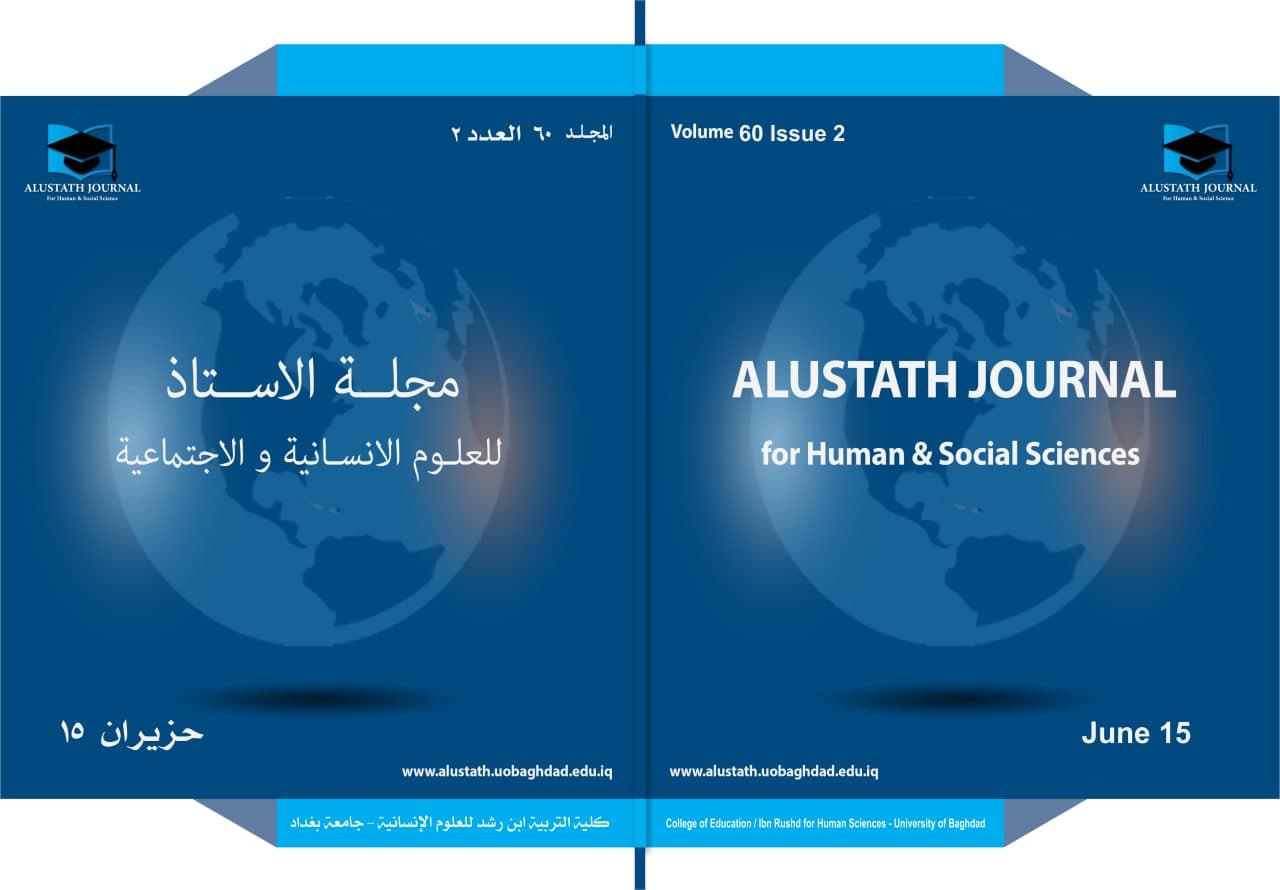Pragmatic Education and a Critical Vison of the Educational Project in Kurdistan Territory, John Dewey as a Model
DOI:
https://doi.org/10.36473/ujhss.v60i2.1581Keywords:
Education, Criticism, Pragmatism, Experience, Environment, Society, Change, Student, Education, Teacher, System, Democracy, Practice, Progress, Progressiveness, Activity, Participation.Abstract
This study entitled "Pragmatic education and the critical vision of the educational project in Kurdistan region: John Dewey as a model" is an attempt to criticize the pragmatic vision of the educational project in Kurdistan through choosing the ideas of the contemporary American philosopher (John Dewey) as a model to examine the problems of the educational project in this region so as to know the weaknesses in this educational project. The first chapter included two sections, in the first one we gave a general conceptual introduction to education and then we addressed education as a philosophical problem. In the second chapter we discussed Dewey's vision of pragmatism and the problems that hinder the educational system in four sections, in the first one we dealt with the educational issue in general and in the second one we discussed the principles of the pragmatic educational system and then in the third section we addressed the social centers as an influential factor in the educational process while in the final section we discussed the educational structure, its principles and mission in the contemporary society. The third chapter in turn is divided into three sections, in the first one we criticized the educational project in the Kurdistan region and in the second one we presented the necessary proposals to address the current problems, while in the third section we addressed the most important weaknesses in the educational project in the region, the most important of which is the absence of the integrated educational system as well as the absence of the essential purpose of the educational process. The fourth chapter included two sections, we tried in the first one to examine the relationship between philosophy and education through which and in the light of the philosophical frameworks to can find appropriate solutions to the educational problems there as well as we can outline the proposals necessary for the reform process in the field of education in Kurdistan as a whole. The last section in this study dealt with the impact of the social environment on the educational process where we tried to find an integrated philosophy of education that may assist in building a solid educational system in line with the progress taking place.












